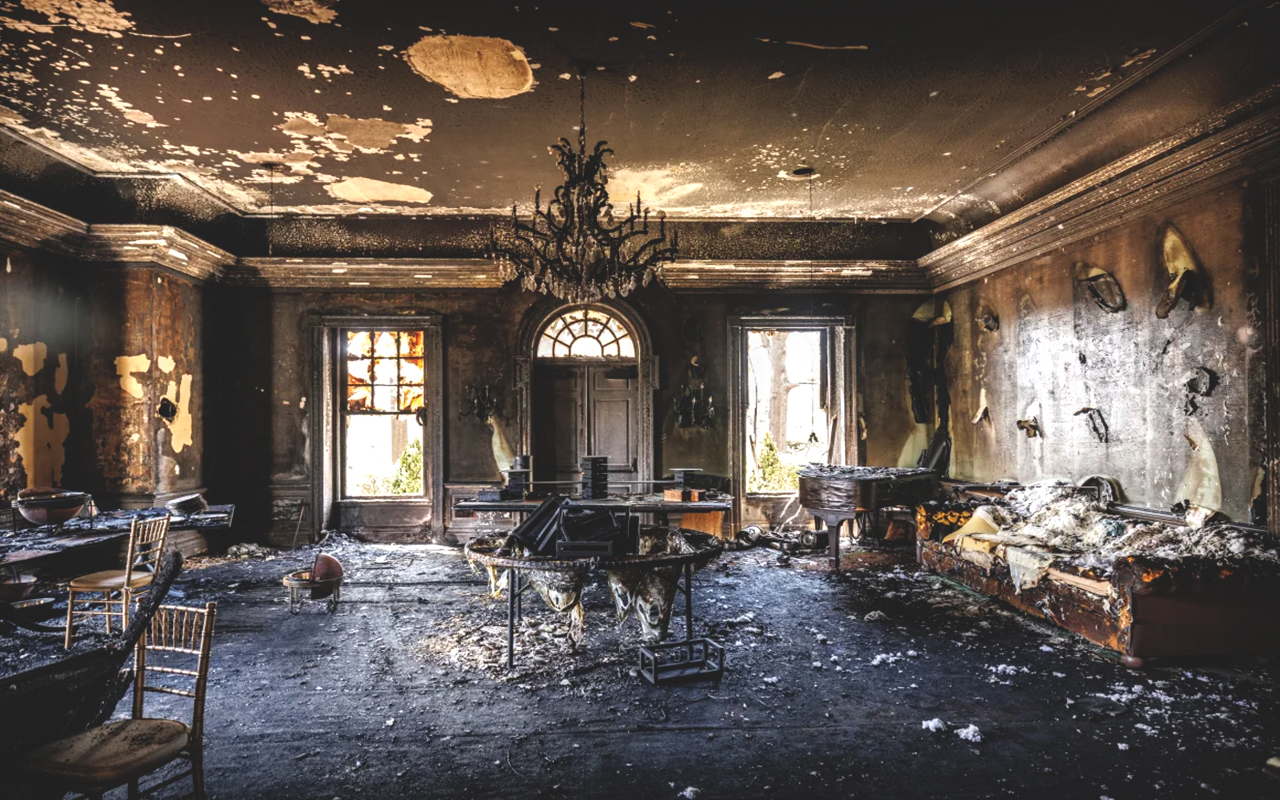
California declares state of emergency over surge in Monkeypox cases
Newsom joins Illinois and New York, two of the only states to have declared an emergency in recent weeks.
This week, California Governor Gavin Newsom declared a state of emergency after a monkeypox outbreak took place on Monday, Aug. 1, following a rapid increase in cases. Newsom’s announcement made California the third U.S. state to declare a public health emergency.
Illinois, New York, and California are the nation’s most-populated states and are home to the biggest cities in the U.S. Right now, all three comprise 47% of the country’s total monkeypox cases.
The state is working with emergency personnel to increase vaccine administering and testing capacity to 1,000 tests a week.
“It is critical to maximize the number of personnel who can administer vaccines within this outreach effort, and expanding the pool of eligible vaccinators,” Newsom said in the declaration.
The announcement follows Illinois and New York’s states of emergency last Friday and earlier on Monday.
Need to know
New York: 1,617 confirmed cases.
California: 786 cases
Illinois: 533 cases
In total, the U.S. has 5,811 recorded monkeypox cases, according to the Center for Disease and Control.
There are also growing concerns surrounding vaccine availability, which is in short supply given a rise in infections across the nation. In his declaration, Newsom said he hopes to bolster vaccination efforts in the state by coordinating a “whole-of-government” response.
While the Department of Health and Human Services heightened vaccine output, Rochelle Walensky, CDC Director, signaled an availability crunch earlier in July.
“We don’t yet have all the vaccines that we would like at this moment,” she said in a news briefing.
RELATED CONTENT
The Department of Health and Human Services ordered an additional 2.5 million doses to combat the shortage, but experts warn there could be more cases that aren’t accounted for.
“It’s like saying we have a tanker of water coming next week when the fire is happening today,” Gregg Gonsalves, an epidemiologist at the Yale School of Public Health, told the New York Times.
While monkeypox isn’t fatal, and there have been no reported deaths, patients have expressed excruciating pain from the rashes caused by the virus.
Additionally, messaging from the CDC has been conflicting.
Data suggests the virus is spreading primarily through sexual intercourse, namely homosexual, whereas states have prioritized vaccine access to men who engage in frequent sexual activity with other men.
However, monkeypox is not an STD and can, according to the CDC, spread through skin-to-skin contact.
The World Health Organization offered broader criteria for transmission, saying it can result from close contact with respiratory secretions, skin lesions of an infected person, or recently-contaminated objects.
WHO chief Tedros Adhanom Ghebreyesus told CNBC that although the virus is mainly spread among men, the virus is not specific to the homosexual or bisexual populations. As it is with any setting, it can apply to other groups.
“The stigma and discrimination can be as dangerous as any virus and can fuel the outbreak. As we have seen with COVID-19 misinformation, and this information can spread rapidly online,” the WHO chief said.
As of now, symptoms begin three weeks after exposure to the virus, and the illness, including scabs and rashes, lasts 1-2 weeks. There is no set cadence to the symptoms, where some of the infected will experience them in a randomized manner.











LEAVE A COMMENT: